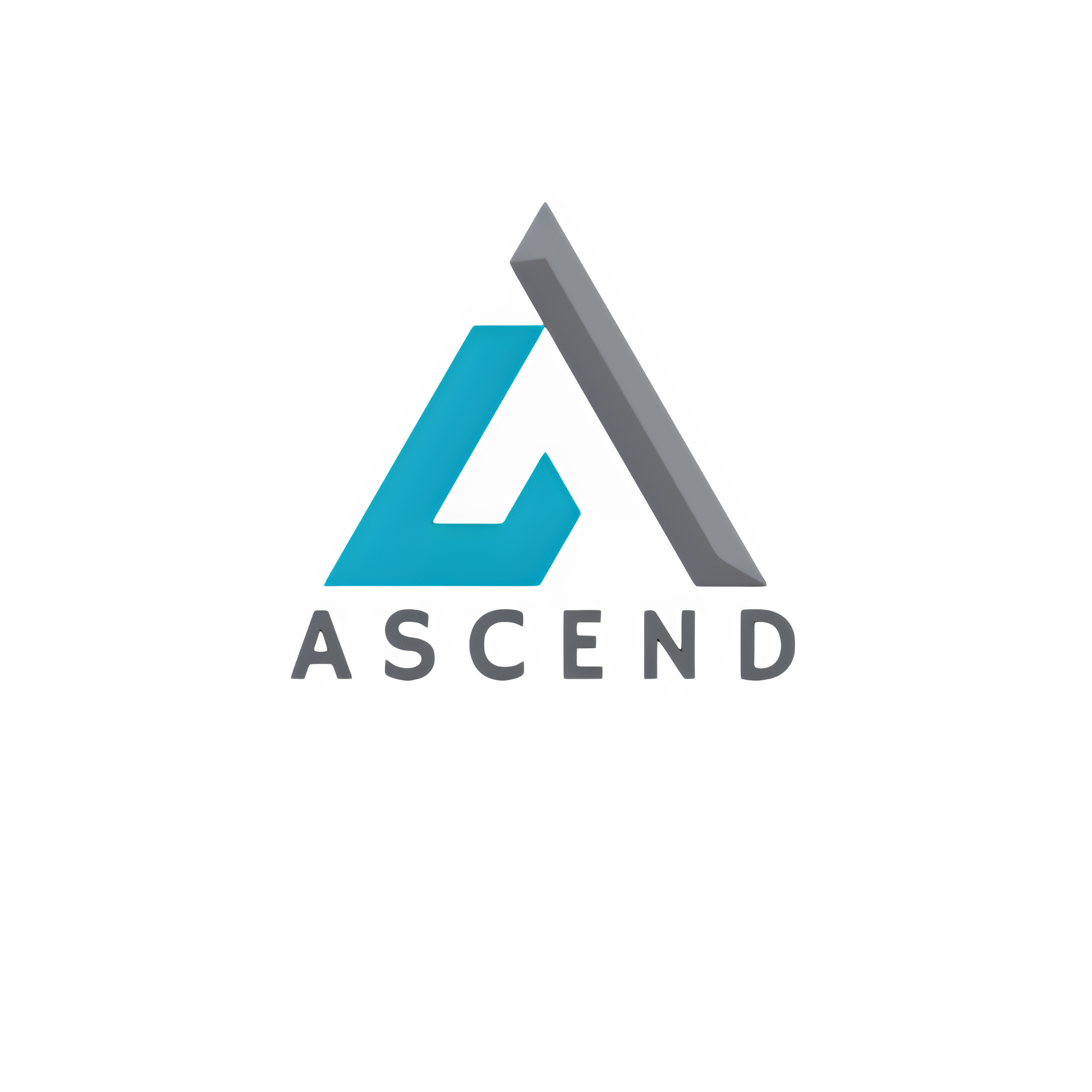Overview:
Most people have the goal of maintaining or building muscle. Your gains are dependent on a handful of things. Your nutrition is one of the most important aspects of muscle recovery. Without proper nutrition, you may never achieve your goals. I will be broadly discussing what, how, and when you should be taking protein to maximize your recovery after exercise. Some topics I’ll touch on are muscle protein synthesis, post-workout fueling, and how much protein you should be ingesting based on your goals.
What is Protein?
For those who don’t know, proteins are a collection of amino acids. Amino acids are either made in the body (non-essential) or are acquired through our diet (essential). Essential amino acids cannot be made in the body, and that is why they are essential. Protein is what will be repairing muscle. When the body has too much protein, it is converted to fat. Protein is also the body’s last resort for fuel.
When looking to optimize your diet, it is important to get quality protein. There are complete proteins and incomplete proteins. A complete protein will have all nine essential amino acids in the correct ratio. And you can probably already figure it out, but incomplete proteins do not have all nine essential amino acids. Some complete protein foods are chicken, beef, fish, eggs, milk, and whey-based proteins. APN has a great, high-quality whey protein that comes in chocolate or vanilla if you’re looking for a quick and easy way to get a complete protein.
Muscle Protein Synthesis:
Muscle protein synthesis (MPS), to put it simply, is the body’s process of repairing muscle. MPS increases with exercise and ingestion of protein. Some may have heard of the window of time after a workout that you HAVE to get adequate protein. Many suggest that the timetable is around 30 minutes following exercise. A study found that after one resistance training session, MPS was increased 50-150% within 1-4 hours after exercise in both trained and untrained subjects. There was an elevation in MPS 30-48 hours following the session as well. This duration will be on the longer side with untrained individuals. With that being said, you have plenty of time to eat post-exercise. There is no need to rush because someone told you about an anabolic window.
How Much Protein Should I be Getting?
The amount of protein that you need will be based on your goals. It won’t be the same for every person. It is recommended that you spread your protein intake throughout the day. The following will be the amount of protein that is generally recommended based on the type of individual you are.
Recreational Exerciser – 0.5-0.7 grams of protein per pound of body weight
Endurance Athlete – 0.6-0.7
Adult Building Muscle Mass – 0.7-0.8
Athlete Restricting Calories – 0.8-0.9
Unless you intend to gain weight, I recommend that if you’re going to eat a lot of something, make sure it's protein. Protein is typically very satiating and only has four calories per gram. It’s very easy to overeat on carbs and fats. It is important to remember that these values for protein are generalized. You may need more or less protein than is suggested. The best way to find out is through trial & error and listening to your body.



Leave a comment
This site is protected by hCaptcha and the hCaptcha Privacy Policy and Terms of Service apply.